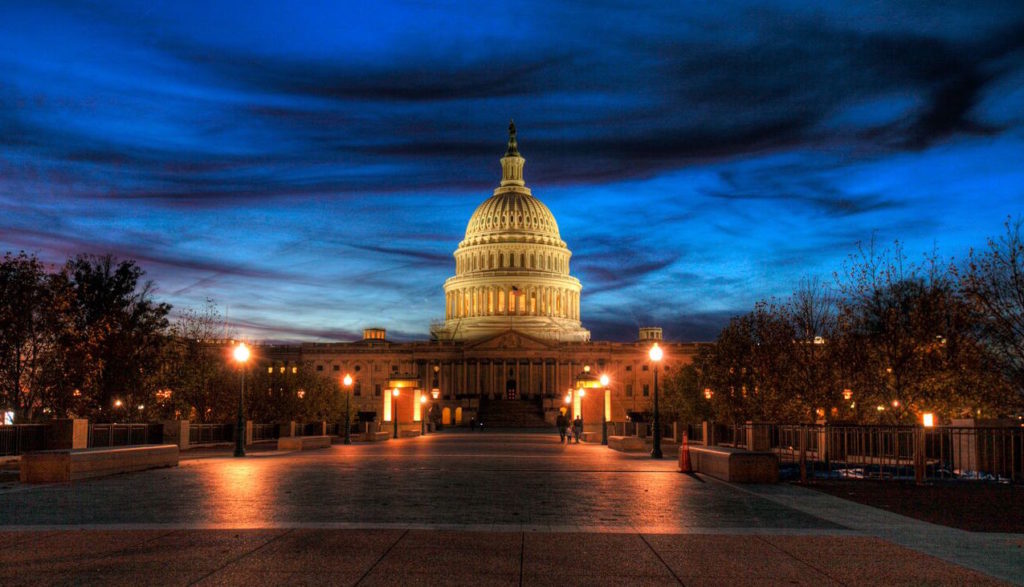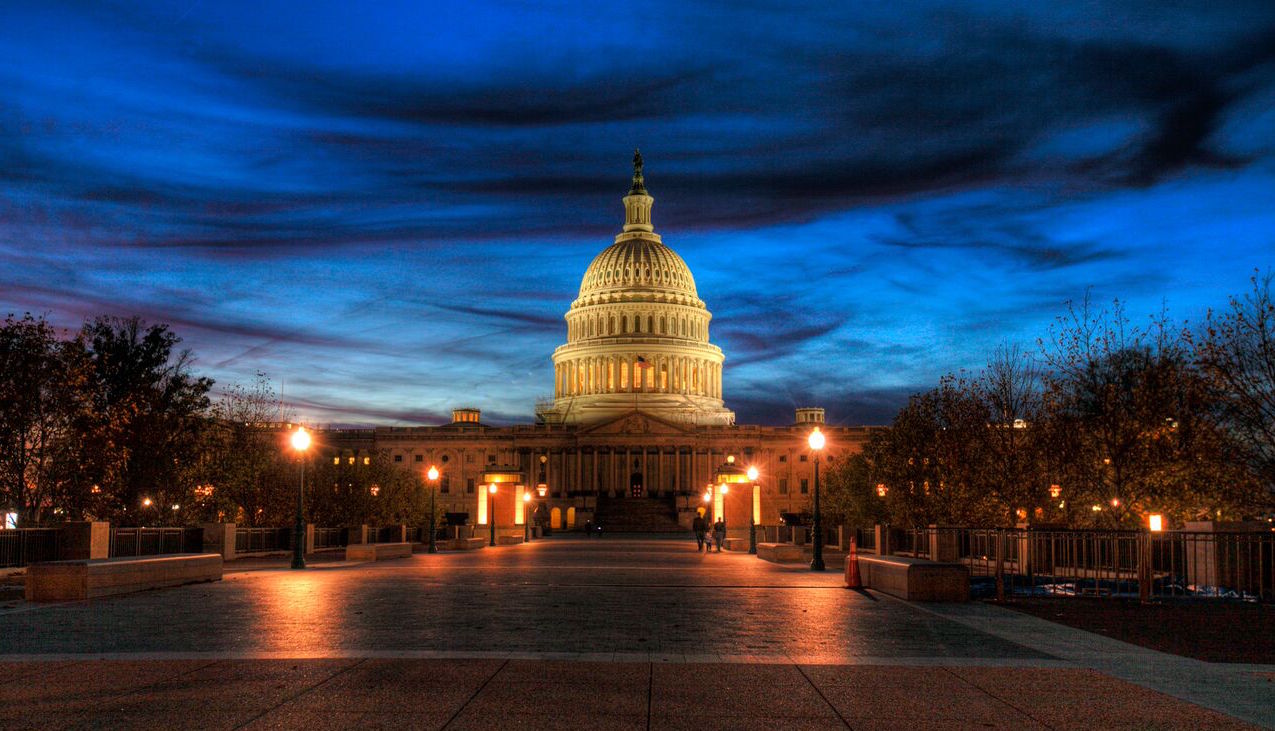WATCH: For Trump, Romney’s Loss Fueled a Tweetstorm. Then, a Trademark.
January 18, 2017
Share
Back on election night in 2012, Donald Trump — and many in the Republican Party — were shocked when Barack Obama beat Mitt Romney.
Trump had endorsed Romney and helped lead the “birther” movement questioning the president’s citizenship.
What happened next was an early example of how he would deal with rivals on the road to the White House: He took to Twitter.
“Trump went to Boston, in fact, to be at the victory party that never occurred,” The Washington Post’s Michael Kranish tells FRONTLINE in the above excerpt from part two of Divided States of America, which airs tonight on PBS stations. “He got on his plane, turned around, went back to New York City, and he started tweeting.”
“This election is a total sham and a travesty,” Trump wrote in one tweet. “We are not a democracy!”
“We can’t let this happen,” he wrote in another. “We should march on Washington and stop this travesty. Our nation is totally divided!”
“We should have a revolution in this country!” he added.
Then, just six days after Romney’s loss, Trump took action on what would become the slogan of his 2016 campaign: He filed a trademark application for the phrase, “Make America Great Again.”
“Right after Romney lost, we had a brief chat: ‘Can Hillary be beat? Who else is going to run?’” Trump political adviser Roger Stone tells FRONTLINE in Divided States.
“Romney’s body isn’t even cold yet and he’s already handicapping this election,” Stone says. “It was clear to me then he was going to run.”
For more on Trump’s rise, and the inside story of events during Obama’s presidency, watch FRONTLINE’s Divided States of America from filmmaker Michael Kirk and his team. Part one of Divided States of America is now streaming. Watch part two Wed., Jan. 18, at 9 p.m. EST/8 p.m. CST on PBS stations and online, and watch Trump’s Road to the White House Tues., Jan. 24 for an inside look at how Trump won.

Related Documentaries
Latest Documentaries
Related Stories
Related Stories
Explore
Policies
Teacher Center
Funding for FRONTLINE is provided through the support of PBS viewers and by the Corporation for Public Broadcasting, with major support from Ford Foundation. Additional funding is provided the Abrams Foundation, Park Foundation, John D. and Catherine T. MacArthur Foundation, Heising-Simons Foundation, and the FRONTLINE Trust, with major support from Jon and Jo Ann Hagler on behalf of the Jon L. Hagler Foundation, and additional support from Koo and Patricia Yuen. FRONTLINE is a registered trademark of WGBH Educational Foundation. Web Site Copyright ©1995-2025 WGBH Educational Foundation. PBS is a 501(c)(3) not-for-profit organization.





















